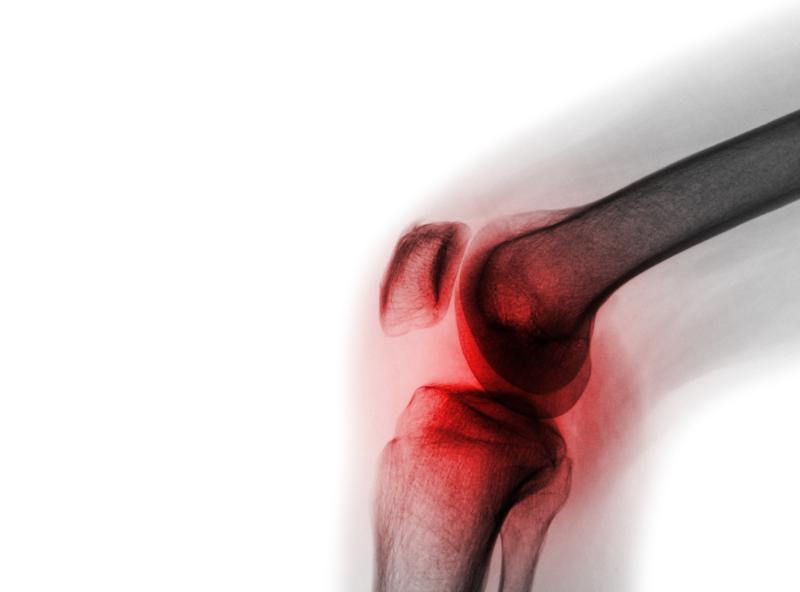
Better sleep appears to weaken pain and fatigue in older, community-dwelling adults with hip or knee osteoarthritis (OA), reports a recent study.
The study included 160 community-dwelling elderly adults (median age, 71 years; 61.9 percent female) who provided sleep data using daily diaries and actigraphy; subjective sleep quality was assessed upon waking up. OA pain intensity and fatigue were evaluated at 11 AM, 3 PM, 7 PM and at bedtime.
The median sleep efficiency was 7.35 hours, with a median efficiency of 83.8 percent. Participants reported a median sleep latency of 16 minutes and a wake time after sleep onset of 42 minutes. Self-reported sleep quality was fair.
Across an average day, fatigue intensity scores ranged from 3.27 to 4.97, while pain scores ranged from 3.04 to 3.39. However, clear diurnal patterns were observed.
Multilevel linear regression models found that sleep quality was significantly correlated with the time of next-day pain report (p<0.001). Specifically, better sleep quality attenuated pain intensity upon waking, but not at any other time point during the day.
The same was true for next-day fatigue, which was likewise significantly associated with sleep quality (p<0.001). Better sleep the night before led to lower fatigue upon waking up. The difference in relation to sleep quality was progressively attenuated at each subsequent time point.
“If supported by further research, people living with OA may be counselled about the likely outcome of a poor night’s sleep on their symptoms, and this information may be used to inform the optimal timing of pharmacologic and/or nonpharmacologic interventions,” said researchers.